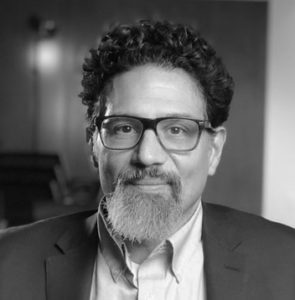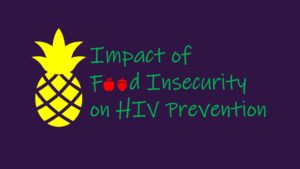LGBTQ+ individuals are disproportionately vulnerable to food insecurity, housing instability, and other unmet material needs; they are also among the most vulnerable for HIV — particularly young sexual minority men (SMM) and SMM of color. Current HIV prevention efforts are focused on increasing uptake of Pre-Exposure Prophylaxis (PrEP), however experts suggest that disparities in uptake are likely due to limited healthcare access and financial barriers like out-of-pocket costs. This study aimed to collect data on food insecurity and material deprivation in lower-income SMM, as well as to explore the decision-making processes associated with the cost barriers of obtaining and maintaining PrEP. As a sub-study of Together 5,000, 30 participants completed qualitative phone interviews, then 900 participants completed a brief quantitative survey and discrete choice experiment (DCE). The findings from this study can help identify missed opportunities for PrEP uptake and continuation, and can help inform future interventions to decrease HIV seroconversions in lower-income SMM.
ISPH Investigators worked in collaboration with Co-Investigator Dr. Nevin Cohen, Associate Professor of Health Policy and Management and the Director of the CUNY Urban Food Policy Institute, on this research project.







